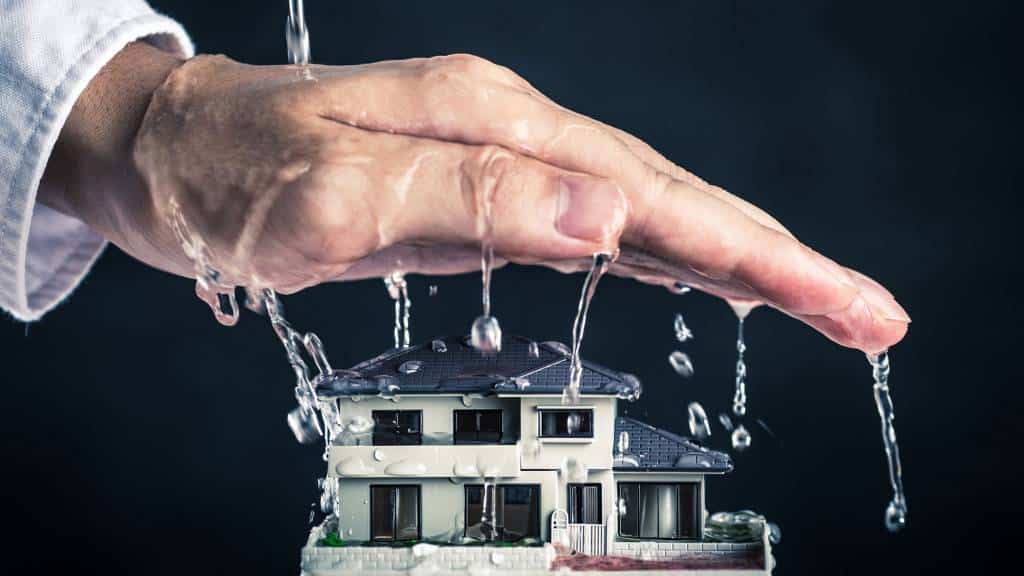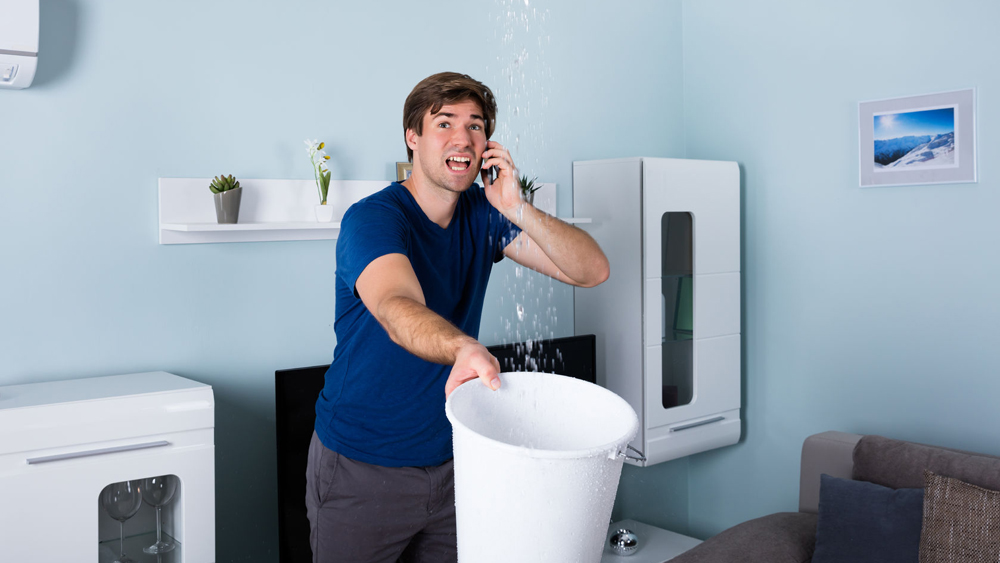Pinpoint Why Water Drips in Your Residence
Pinpoint Why Water Drips in Your Residence
Blog Article
What're your thoughts and feelings about Common Water Leaks In House?

Leakages not only cause waste of water but can also create unneeded damage to your house and also advertise undesirable natural growth. By looking and also recognizing for day-to-day situations that trigger leaks, you can shield your residence from future leaks as well as unneeded damage.
Instant temperature changes.
Extreme temperature level adjustments in our pipes can trigger them to broaden and contract unexpectedly. This development and tightening may create fractures in the pipelines, particularly if the temperature level are below freezing. It would be best if you kept an eye on how your plumbing works. The visibility of the formerly stated circumstances regularly indicates a high risk.
Rusty water supply
As time goes by, your plumbing system ages as well as corrosion such as corrosion might start gnawing the pipelines. This may be the reason for staining or warping on your water pipes. This requires an examination with your plumber quickly. Think about changing the pipes considering that they are at a higher risk of deterioration than the newer designs if our plumbing system is old.
Defective Pipeline Joints
The factor at which your pipelines link is frequently the weakest link in the waterline. Pipeline joints can degrade gradually, leading to water leakages. However, the majority of pipe joints are not quickly visible. If you have loud pipelines that make ticking or banging sounds, specifically when the hot water is switched on, your pipe joints are most likely under a lot of stress. It is suggested to have your plumber examine your system once a year.
Elbowing in origins
Many water leakages begin outside your home as opposed to inside it. If you discover an abrupt decline in water pressure, claim in your faucet, require time to head out and also examine your lawn. You may discover damp patches or sinkholes in your lawn, and that may imply that tree roots are getting into water lines triggering water to leak out. You can have your plumber look for invasion, especially if you have trees or shrubs near your residential or commercial property.
Poor Water Connectors
At times, a leak can be caused by loosened hoses as well as pipelines that provide your devices. In situation of a water connections leakage, you might see water running straight from the supply line or pools around your appliances.
Obstructed Drains
Obstructed drains pipes may be bothersome and inconveniencing, but they can often end up creating an overflow causing burst pipelines. Keep eliminating any type of products that may drop your drains pipes that can obstruct them to avoid such hassles.
All the above are causes of leaks but not all water leaks arise from plumbing leaks; some leakages may come from roofing leaks. All leakages should be fixed promptly to prevent water damages.
Leaks not only cause waste of water yet can likewise trigger unnecessary damage to your home and advertise undesirable natural growth. By looking and understanding for day-to-day circumstances that create leakages, you can secure your house from future leakages and also unneeded damage. Today, we will look at six leak creates that may be creating your pipelines to drip.
At times, a leak can be created by loose tubes and pipes that provide your appliances. In instance of a water connections leakage, you might notice water running directly from the supply line or puddles around your home appliances.
How To Check For Water Leak In Your Home
How To Check for Leaks
The average household's leaks can account for nearly 10,000 gallons of water wasted every year and ten percent of homes have leaks that waste 90 gallons or more per day. Common types of leaks found in the home are worn toilet flappers, dripping faucets, and other leaking valves. These types of leaks are often easy to fix, requiring only a few tools and hardware that can pay for themselves in water savings. Fixing easily corrected household water leaks can save homeowners about 10 percent on their water bills.
To check for leaks in your home, you first need to determine whether you're wasting water and then identify the source of the leak. Here are some tips for finding leaks:
Take a look at your water usage during a colder month, such as January or February. If a family of four exceeds 12,000 gallons per month, there are serious leaks.
Check your water meter before and after a two-hour period when no water is being used. If the meter changes at all, you probably have a leak.
Identify toilet leaks by placing a drop of food coloring in the toilet tank. If any color shows up in the bowl after 10 minutes, you have a leak. (Be sure to flush immediately after the experiment to avoid staining the tank.)
Examine faucet gaskets and pipe fittings for any water on the outside of the pipe to check for surface leaks.
Undetected water leaks can happen without the home or business owner even realizing. If you suspect a water leak, but not able to find the source. It is time to contact a professional water leak detection service, The Leak Doctor.
How To Find a Water Leak In Your Home
https://www.leakdoctor.com/blog/How-To-Check-For-Water-Leak-In-Your-Home_AE197.html

Do you appreciate reading up on How Fast Water Damage Can Ruin Your Home? Write a remark below. We would be glad to listen to your opinion about this write-up. Hoping to see you back again before long. Sharing is nice. Helping people is fun. Thanks a bunch for your time. Visit us again soon.
Avoid further plumbing damage; call. Report this page